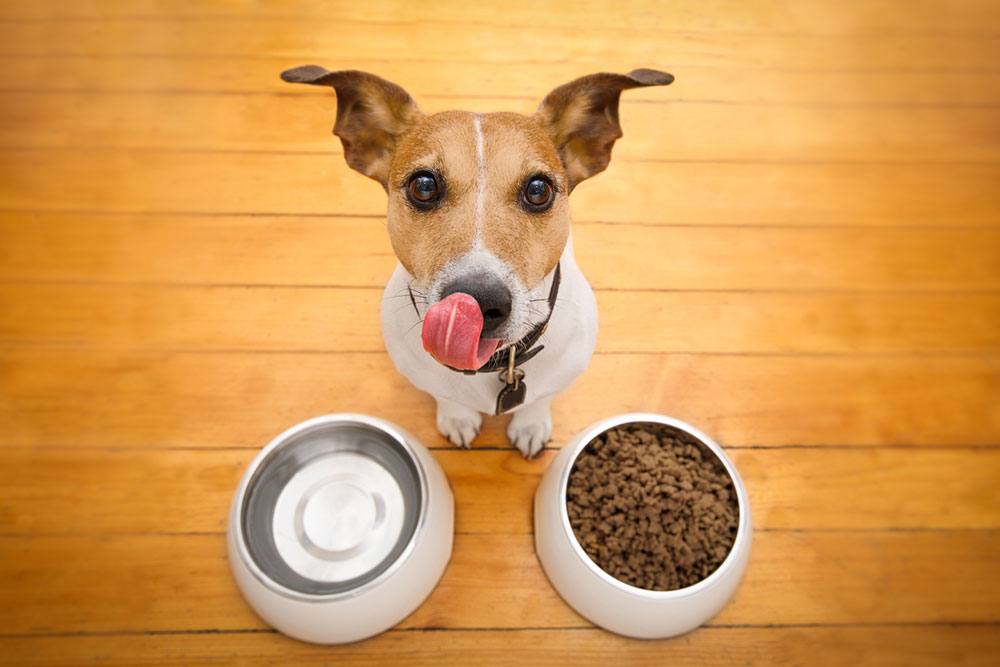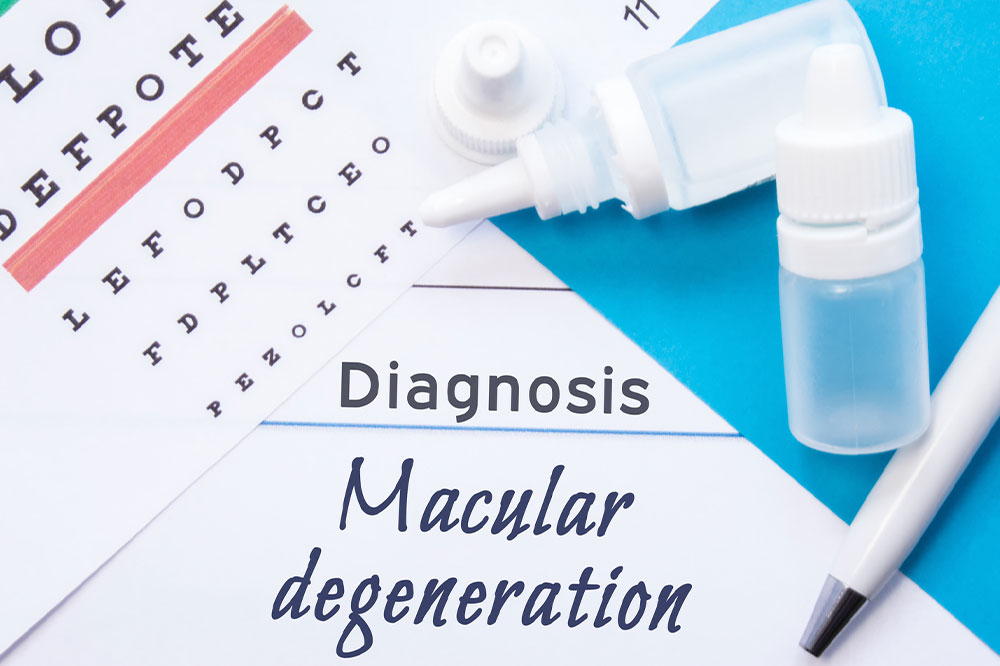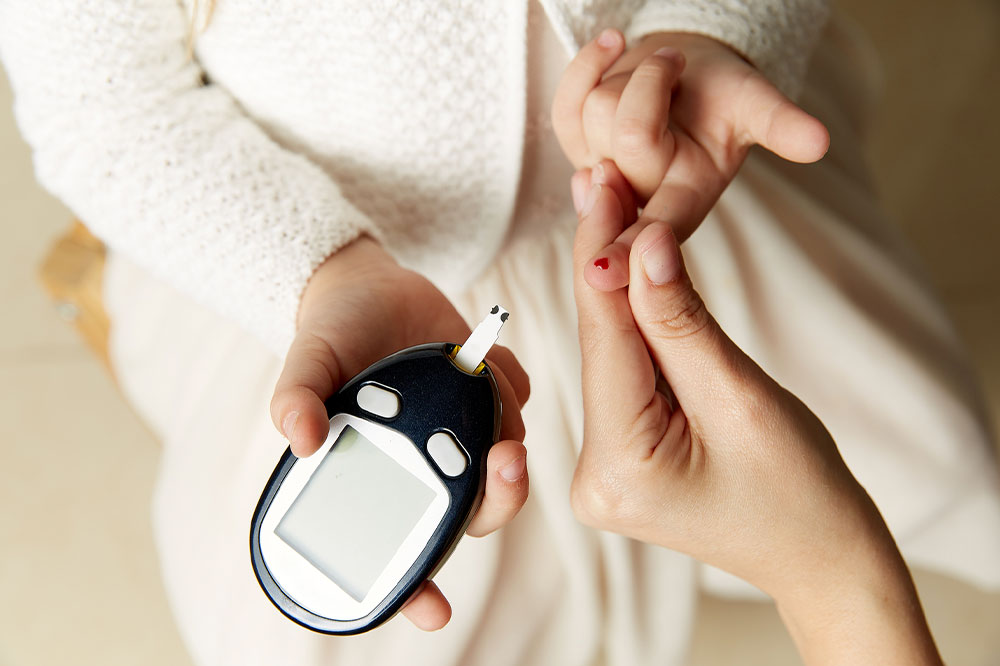11 healthy human foods for dogs

Taking care of animals, such as pet dogs, is one of the most rewarding things an individual can do. Most pet parents go out of their way to ensure their dogs get the healthiest and most delicious food available. This includes feeding them various products, including wet and dry dog foods. While these benefit dogs, a pet parent must also feed them fresh produce and specific meats to manage their overall health.
1. Honey
Honey has several health benefits; it is rich in multiple nutrients, including vitamins A, B, C, D, E, and K. It is also abundant in calcium, potassium, copper, magnesium, and antioxidants. Giving pets small amounts of honey may help with allergies, as it introduces small amounts of pollen to the system, subsequently building immunity to local allergens.
2. Bone broth
Bone broth is one of the healthiest foods for dogs and one that they truly enjoy. The broth is created by simmering bones on a low flame with apple cider vinegar for long hours. The process slowly breaks down the nutrients, making them highly bioavailable to the pet’s body. Bone broth can help improve digestion and heal a “leaky gut.” It can also improve liver health, reduce inflammation, and alleviate joint pain. Other benefits of drinking bone broth are stronger bones, improved immunity, and better brain function in dogs.
3. Raw goat milk
Raw goat (unpasteurized) milk is one of the most nutrient-dense foods. It contains fat-soluble vitamins A, D, and K2. It is also rich in probiotics, digestive enzymes, immunoglobulins, minerals, and electrolytes. Raw goat milk has multiple health benefits, including strengthening the immune system and curbing allergies. It could even promote better skin health in dogs.
4. Apples
Dogs enjoy eating apples. Freeze the fruit and give it to them as treats while training. In addition to being delicious, apples are rich in vitamins A, C, and fiber. These properties may contribute to better digestion. However, one should ensure the apples are fresh, as spoiled fruit might trigger health complications in the pet.
5. Salmon
Fish like salmon are some of the healthiest choices for pet health. The food is rich in protein and has a surplus of omega-3 fatty acids, offering many health benefits. One should ensure the fish is properly cooked before it is served to dogs, as uncooked seafood may contain harmful parasites. One could also feed their pet shrimp and tuna, as they offer similar health benefits. Furthermore, shrimp contain B vitamins, which help manage a dog’s digestive system and promote healthy blood circulation.
6. Mushrooms
One of the most delicious and nutritious options for feeding pets is mushrooms. A few popular options include reishi, cordyceps, shitake, chaga, and turkey tail. They contain unique and potent natural properties that are beneficial for pet health. For instance, they are rich in vitamins and nutrients such as flavonoids, beta-glucans, prebiotics, antioxidants, and digestive enzymes. These compounds can help improve one’s immune system. Other benefits derived from eating mushrooms include better digestive health and anticancer effects.
7. Eggs
Eggs are abundant in several beneficial proteins for pets, i ncluding dogs. Experts recommend the food for its high nutritional bioavailability. Eggs offer high-quality protein and amino acids, omega-3s, vitamins A, D, and E complex B vitamins, antioxidants, calcium, zinc, and selenium. The composition of eggs could contribute to improving a dog’s cardiovascular health. Before feeding dogs eggs, one must see that they are fully cooked. Consumption of raw egg whites may trigger a biotin deficiency and lead to further complications in pets.
8. Coconut
Coconut can be given to dogs from time to time. The fruit contains lauric acid, which may help fight viruses and bacteria. Coconut also cleanses bad breath and may help address skin conditions in dogs, such as flea allergies, itchy skin, and hot spots. Coconut milk and coconut oil are safe for dogs. One should be mindful that pet paws do not get on the outside of the shell, as they might get lodged in the throat.
9. Peanut butter
Most dogs love peanut butter, which is a nutritious food that is suitable for pet health. One should give their pets unsalted peanut butter with no added sugar or sweeteners and ensure it is in moderation. Peanut butter contains niacin, healthy fats, protein, and vitamin E. However, some store-bought products contain a sweetener called xylitol, which is unhealthy for pet health.
10. Plain popcorn
Plain popcorn is a good treat option for pet dogs as long as it does not have butter, sugar, or salt added to it. It contains minerals like phosphorus, zinc, and magnesium, which are essential for keeping dogs healthy. However, unpopped kernels from the popcorn could be a choking hazard.
11. Organ meats
Organ meat is an essential part of a dog’s meal regime. A few options include the kidneys, liver, adrenal glands, brain, stomach, and heart. Each of these offers a range of benefits for the body. Some compounds derived from organ meat include vitamins A and B, folate, zinc, and ribonucleic acid. Other nutrients include omega-3, zinc, selenium, and vitamin B12. Some organ meats may also offer healthy collagen, amino acids, and probiotics required to maintain pet health.







